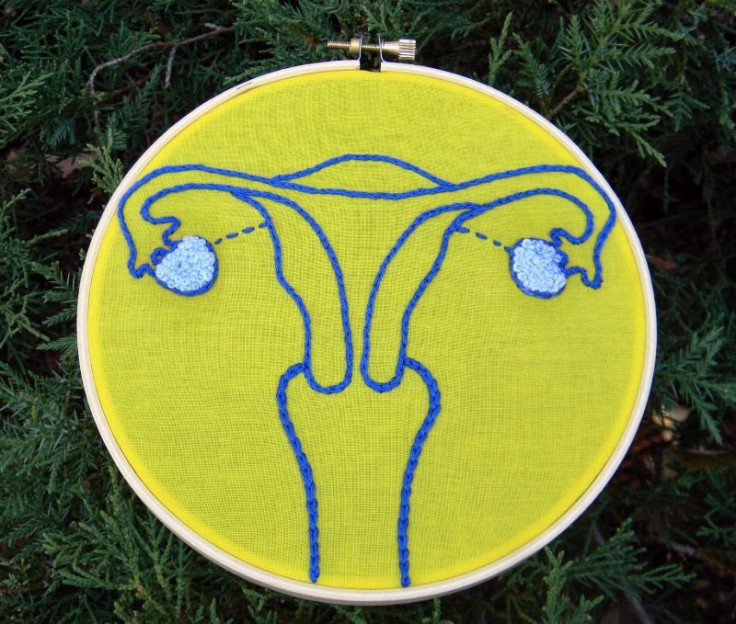Weight Loss And Exercise Combined With Birth Control Could Help Women With PCOS Get Pregnant

Women with polycystic ovary syndrome, a common condition in women known to cause infertility, could benefit from weight loss and exercise. In a new study conducted by the Endocrine Society, researchers have found the combination of healthy habits could improve ovulation in women with PCOS. Their findings have been published in the Journal of Clinical Endocrinology & Metabolism.
According to the Mayo Clinic, polycystic ovary syndrome is a common endocrine disorder among women, and the most common cause of infertility. In a woman who has PCOS, levels of androgens, or male sex hormones like testosterone are higher than normal, causing an increase in male traits. For example, hormonal imbalances will often cause irregular menstrual periods due to lack of ovulation, weight gain, acne, excess hair on the face and body, or thinning hair on the head. The Department of Health and Human Services’ Office of Women’s Health estimates that five million women within the United States suffer from PCOS.
“The findings confirm what we long suspected — that exercise and a healthy diet can improve fertility in women who have PCOS,” said Dr. Richard S. Legro, professor of obstetrics and gynecology and public health sciences at Penn State University, in a recent press release. “Making preconception lifestyle changes is beneficial, either alone or in combination with other pretreatment options.”
Usually, women who have PCOS will take birth control to regulate levels of androgens in their body, as well as their menstrual cycle. Preexisting research has also shown that short-term birth control treatments can help increase a woman’s chances of pregnancy, despite PCOS.
For their study, the researchers examined the differences in pregnancy outcomes involving 149 women with PCOS between the ages of 18 and 40. Participants then underwent a course of birth control, lifestyle changes involving healthy diet and exercise or a combination of lifestyle changes and birth control over a four-month period. All participants were either overweight or obese, but did not have any other medical conditions. Once the intervention was over, all participants underwent four cycles of ovulation induced by the introduction of medication.
Out of the 49 women just taking birth control without lifestyle changes, five were able to give birth. Out of the total of 50 women who incorporated both exercise and healthy diet with birth control, 13 were able to give birth. Of those who underwent both interventions, a total of 50, 12 gave birth.
Overall, women who engaged in both lifestyle changes and courses of birth control were more likely to ovulate than women just given birth control. On top of this, researchers found that women who had a combination of interventions also had better insulin sensitivity and lower levels of triglycerides than women just on birth control.
"The research indicates preconception weight loss and exercise improve women's reproductive and metabolic health," Legro said. "In contrast, using oral contraceptives alone may worsen the metabolic profile without improving ovulation. Lifestyle change is an important part of any fertility treatment approach for women with PCOS who are overweight or obese."
Source: Legro R, Dodson W, Williams N, et al. Randomized controlled trial of preconception interventions in infertile women with polycystic ovary syndrome. Journal of Clinical Endocrinology & Metabolism. 2015.



























